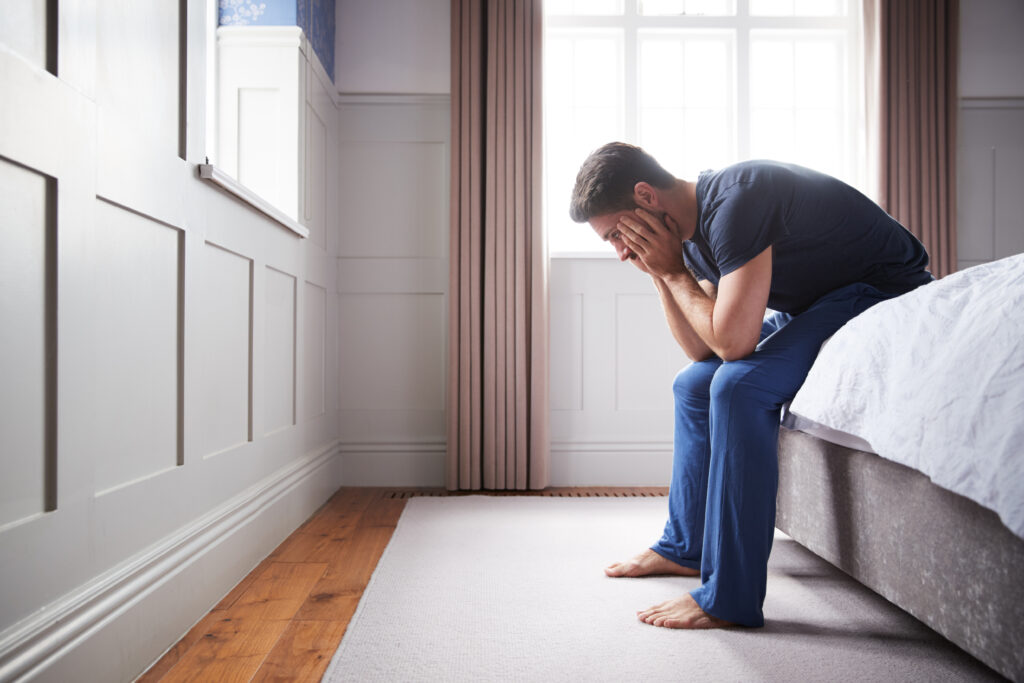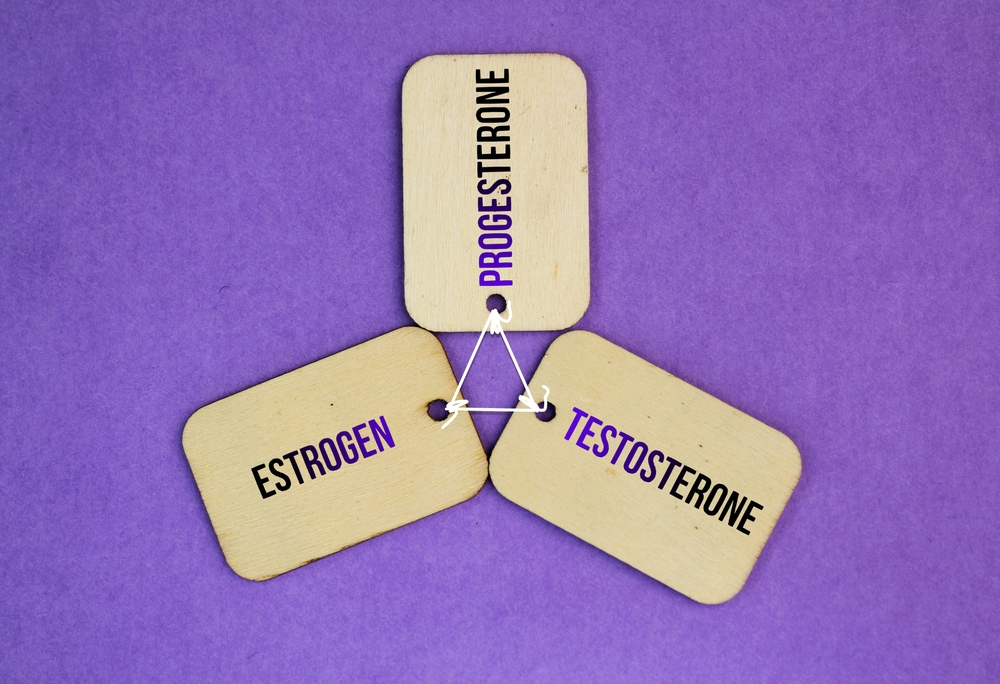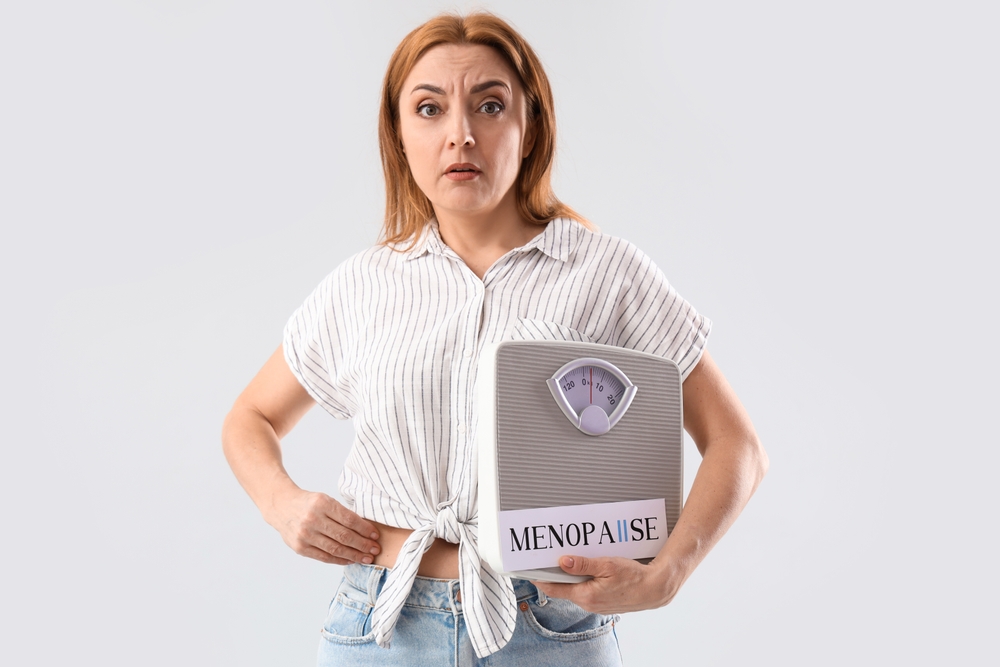Is There a Connection?
Testosterone. We literally can’t live without it. Depression. Those who experience it wish they didn’t. We all know about testosterone. Not all of us know about depression, but it can be related to aging and hormonal fluctuations, including a decrease in the hormone testosterone.
What is Testosterone?
Testosterone is a chemical our body requires to function. In men, testosterone is related to the development of male sex characteristics. In women, androgens (testosterone is the primary androgen) affect ovarian function. In all people, testosterone is related to muscle development, lean muscle mass, bone density and bone health, and the production of red blood cells. It has a myriad of functions within the body, all of which are important for good health.
As we age, our bodies naturally produce a smaller quantity of hormones, affecting many functions in the body, including psychological functions. If we experienced depression before going into either andropause (a decrease in testosterone in men due to aging) or menopause (the physical experience, not the musical), it can worsen as our hormonal levels drop. This decrease can also cause depression to develop for some people who haven’t experienced it before.
What Are Signs of Depression?
Some very common symptoms of depression are:
- Changes in sleep (too much or too little)
- Losing interest in activities
- Difficulty concentrating or making decisions
- Becoming easily irritated
- Being sad
- Feeling hopeless
- Eating more or less than normal
If any of these symptoms describe how you’re feeling, you can benefit from a simple blood test to check your testosterone level.
Are Testosterone and Depression Related in Both Men and Women?
In short, yes. Men benefit from testosterone replacement therapy if they experience hypogonadism (also known as low testosterone or low T). Low T is also associated with medical conditions like erectile dysfunction, low libido, and weight gain. Each of those conditions can cause depression on its own, making the relationship between the symptoms of low testosterone and the experience of depression even more complicated.
Women, who experience depression more frequently than men, are also impacted by testosterone imbalance. There is a highly complex relationship between depression and low testosterone levels in women, which can be related to aging as well as other factors like childbirth or the development of post-menopausal obesity.
Testosterone replacement therapy can help ameliorate symptoms of depression, so it’s a good idea to get your testosterone level checked if you feel blue for longer than two weeks. Relief for your symptoms is available.
Helping You Thrive Again
American actor Tom Bosley said, “Many people think that depression is just something you just have to live with when you get older, but it’s not.” For those in the Parker, CO area, APEX Hormone Health is available to help you manage low testosterone related depression through our very effective testosterone replacement therapy treatment protocols.
We will use your lab results, health goals, and symptoms to create a custom testosterone replacement therapy plan for you. Whether you are experiencing hormonally related depression or other symptoms related to hormonal imbalance, we’re here to help.You don’t have to live with depression. Call or text: 720-856-0200 for an appointment to help feel your best and live your best life.







